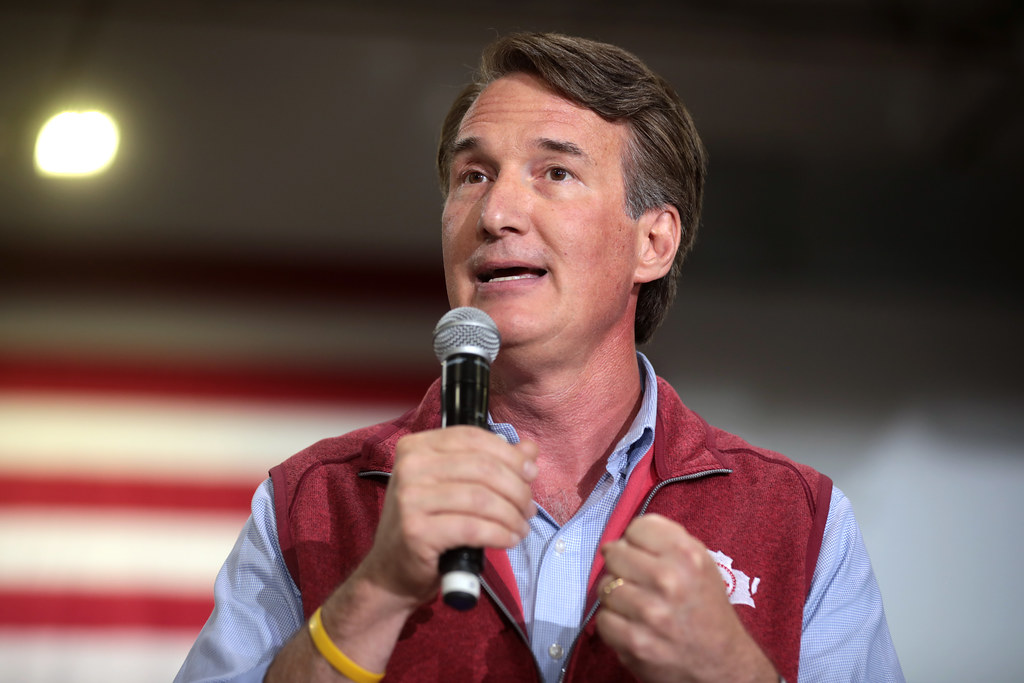Federal Judge Upholds Virginia Governor’s Strict Voting Rights Restoration Policy For Individuals With Felony Convictions

Virginia Gov. Glenn Youngkin’s (R) discretionary voting rights restoration policy for individuals with felony convictions will remain in place after a federal judge rejected a lawsuit challenging the practice as an arbitrary and unconstitutional licensing scheme.
Judge John A. Gibney Jr. — an Obama appointee — concluded in an order issued yesterday that while “no one would suggest that Governor Youngkin’s…system is transparent, or that it gives the appearance of fairness,” it nevertheless can stand since it “is not a licensing scheme.”
In March 2023, Youngkin repealed his predecessors’ progressive practices of automatically restoring voting rights to individuals with prior felony convictions upon sentence completion or release from incarceration. The change by the Youngkin administration effectively reverted the commonwealth back to a 1902-era lifetime ban on voting for all individuals convicted of felonies enshrined in the state constitution.
The Sentencing Project estimates that as of October 2022, approximately 211,344 Virginians — constituting over 5% of the commonwealth’s voting-age population — remain disenfranchised even after completing their full sentences including parole and probation.
A nonprofit organization and a disenfranchised individual sued Youngkin and his secretary of the commonwealth last April, alleging that the policy violates the First Amendment by making voting rights restoration contingent on the unfettered discretion of the governor and a lack of objective criteria.
The plaintiffs maintained that Youngkin’s policy “constitutes an unconstitutional arbitrary licensing scheme regulating the exercise of the right to vote” — a right they argued is protected by the First Amendment.
But in yesterday’s ruling, Gibney held that the lawsuit “refuses to confront the fundamental differences between administrative licensing schemes and the rights restoration system at issue here.” The order reasoned that while licensing schemes function to “regulate an existing right,” Virginia’s right restoration policy “exists to aid Governor Youngkin in assessing whether a candidate deserves restoration of a right he has lost.”
The suit also asserted that because Virginia imposes no time limit on the governor to either accept or reject an application for rights restoration, applicants are subjected to unfair delays and potential viewpoint discrimination based on their political views, wealth, race, religion or other demographic factors.
Younkgin, in response to the legal action, countered that he is “entitled to exercise the discretion vested in him by Virginia’s Constitution to restore the voting rights of felons who will be responsible citizens and members of the political body.”
A separate lawsuit against Youngkin and other officials challenging the Virginia Constitution’s lifetime felony disenfranchisement provision remains ongoing in federal court.